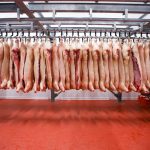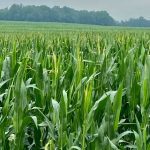Crop development in Manitoba continued while isolated rains fell over the province during the week ended June 23.








Hot, dry weather forecast for Russia, Ukraine in coming months; relief seen for China's corn, soybean crops hit by heatwave


